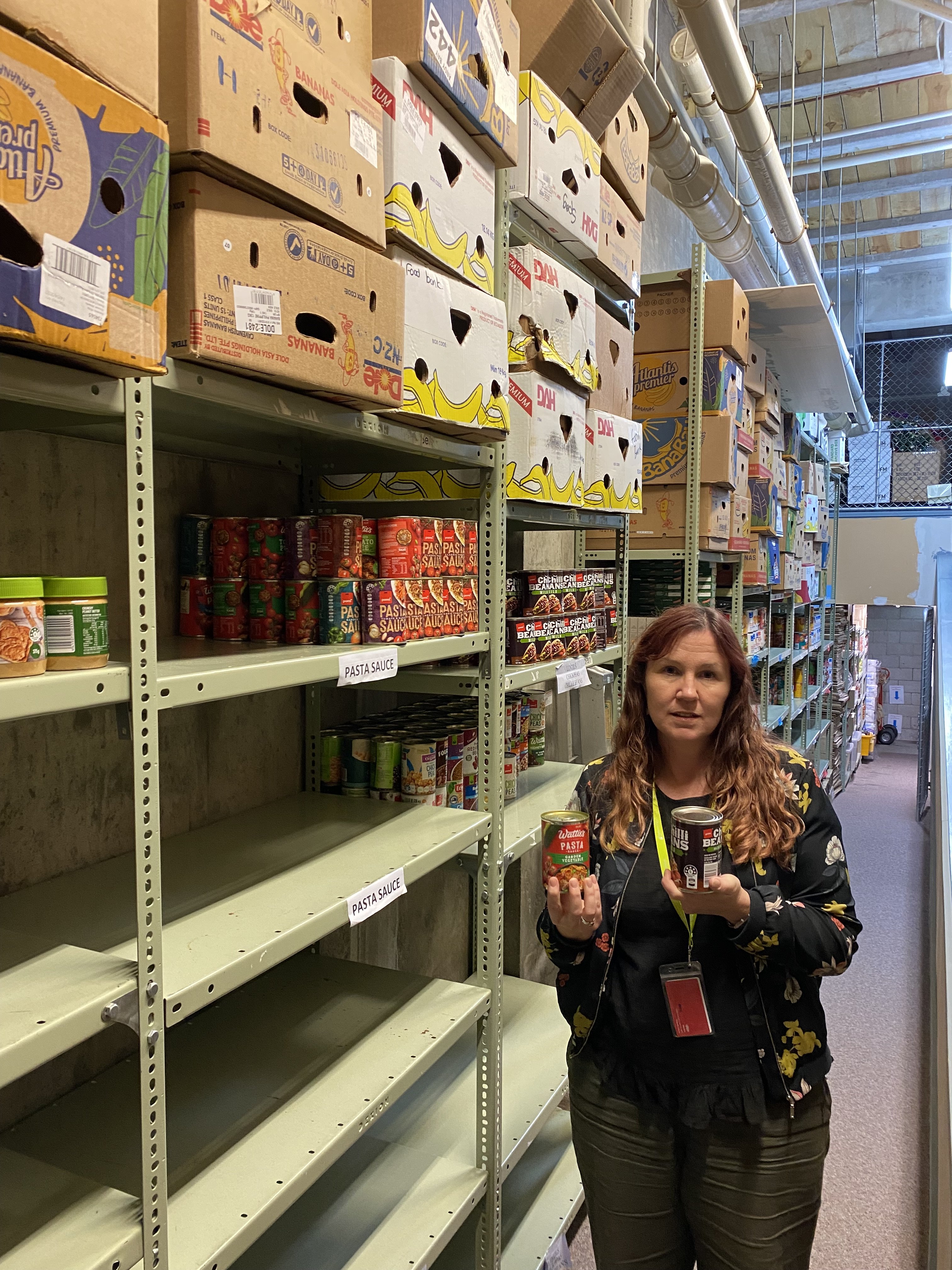
In the first four months of this year, Presbyterian Support Otago has experienced a 25% increase in demand for its services, compared to the same period last year.
PSO Family Works director Carmen Batchelor said the vulnerability of individuals, couples, and families accessing a range of services was severe and demand for both food and financial assistance was growing as winter hit.
In the past 12 months, there had been a 12% increase in demand for food from the Family Works Foodbank.
"Some of these families are earning two wages so the cost of living for these whānau still outweighs the money they are earning, even though they are bringing in two incomes," Ms Batchelor said.
Between January 1 and April 30, 2023, the foodbank has distributed 1505 food parcels to local people — a total of about 63,200 food items.
PSO social work team leader Jollene Warrington said the difficult situation for many families reflected the cost of living crisis, with high mortgage rates and rents, and electricity bills "through the roof" leaving people struggling to afford the basics.
"With all those fixed bills to deal with, there just isn’t enough money for food ...
And a growing number of people are now being forced to buy food on credit, or through buy-now-pay-later schemes, and those can really creep up on you.
"It is very sad that people are having to go to such extremes."
The Salvation Army in Dunedin also reported a marked increase in families struggling to make ends meet.
Salvation Army Community Ministries manager Fiona Arnold said demand had increased in the past 12 months, and had accelerated since April.
Foodbank parcels have increased by 25% compared with last year, non-food assistance to clients has increased by 52%, and the number of people helped is up by 40%, with new clients and families up 57%.
"In the past two months we have had a 40% increase in clients requesting furniture," Ms Arnold said.
"By the time the client has managed to find a property they can afford to rent, and paid the bond, they often have no money left to buy a bed."
In addition, there has been a 20% increase in people walking through the doors asking for warm clothes — some are sleeping in cars, while others have run out of money after paying their bills. About 50% of these people are seeking help for the first time.

"We are also seeing a significant increase in referrals around whanau stress and breakdown. Incomes are not stretching to pay for food, high rents, and simple necessities, which places huge stress on relationships," Ms Arnold said.
Mosgiel Food Bank co-ordinator Michelle Kerr said demand for food parcels was up about 13% compared to last year, and that many new families were accessing the service.
"I spoke to one man this week who said his wife works just to pay the rent, and his wages just aren’t covering their other bills," she said.
"It is a sad indictment that even two incomes is not enough for people to survive on."
Food stocks at Mosgiel Food Bank were "flying out the door", but the strong support of the Mosgiel community ensured there was enough to go around, Mrs Kerr said.
Covid-19 was also "rampant" in Mosgiel, and so she was delivering a lot of food parcels to families isolating at home.
PSO chief executive Jo O’Neill said the Otago region was no different from other regions, where more and more people were experiencing crippling financial hardship, which "creates a raft of social and wellbeing complexities".
In order to combat some of these challenges, PSO Family Works offers a range of wrap-around services including no-interest loans, financial coaching with trained financial mentors, debt consolidation and assistance for paying electricity bills.
"One of the services we offer is EnergyMate. It is a free in-home energy service where one of our EnergyMate coaches will help make sure a household is on a suitable power plan," Ms O’Neill said.
"They’ll give advice on how to heat homes as efficiently as possible and will offer other energy-saving tips such as shorter showers, washing clothes in cold water and boiling less water."
Ms O’Neill said PSO was working hard to help many people in communities in difficult times.
"We too, need help to deliver our services."














